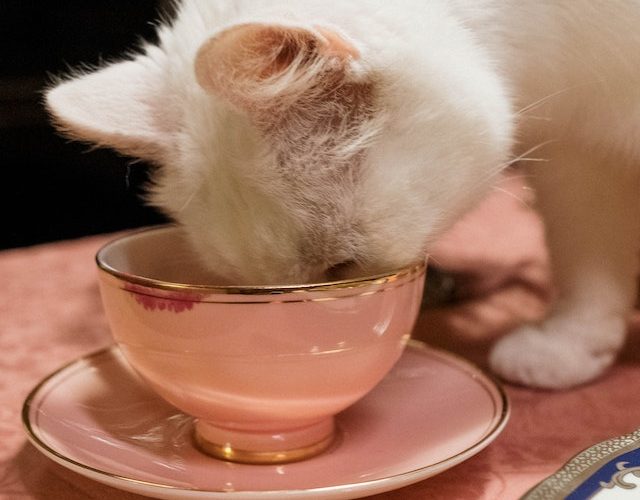Introduction: Cats are known for their discerning appetites, but when your furry friend starts refusing to eat, it can be concerning. A decrease in appetite could be a sign of an underlying health issue or simply a temporary behavior change. In this article, we will explore several possible reasons why your cat may be refusing to eat and provide insights into how you can address the issue.
- Health Problems: a. Dental Issues: Cats with dental problems may experience pain or discomfort while eating, leading to a decreased appetite. Look for signs of dental disease such as bad breath, drooling, or difficulty chewing. b. Gastrointestinal Upset: Digestive issues like gastritis, constipation, or pancreatitis can cause nausea and loss of appetite in cats. Watch for symptoms such as vomiting, diarrhea, or abdominal pain. c. Infections or Illnesses: Cats can lose their appetite when they are battling infections or suffering from illnesses such as respiratory infections, urinary tract infections, or kidney disease. Other accompanying symptoms may help pinpoint the problem.
- Stress and Anxiety: Cats are sensitive creatures, and stress or anxiety can greatly affect their eating habits. Changes in their environment, such as moving to a new home, introducing a new pet, or experiencing loud noises, can trigger stress and lead to a loss of appetite.
- Food-related Issues: a. Food Preferences: Cats can be finicky eaters and may refuse to eat certain types or flavors of food. Experiment with different brands or varieties to find what your cat prefers. b. Food Quality: Low-quality or spoiled food may be unappealing to your cat, causing them to refuse to eat. Ensure that the food you offer is fresh and appropriate for their dietary needs.
- Feeding Routine and Environment: Cats are creatures of habit, and disruptions in their feeding routine or an unsuitable feeding environment can impact their appetite. Maintain a consistent feeding schedule and provide a calm, quiet space for meals.
- Medications and Side Effects: Certain medications can affect a cat’s appetite. If your cat has recently started a new medication, consult with your veterinarian to determine if it could be causing the decreased appetite.
Conclusion: If your cat is refusing to eat, it’s crucial to observe their behavior and consider potential underlying causes. If the loss of appetite persists for more than a day or is accompanied by other concerning symptoms, it is advisable to consult a veterinarian. They can provide a proper diagnosis and recommend appropriate treatment options to help your beloved feline regain their appetite and overall health.












